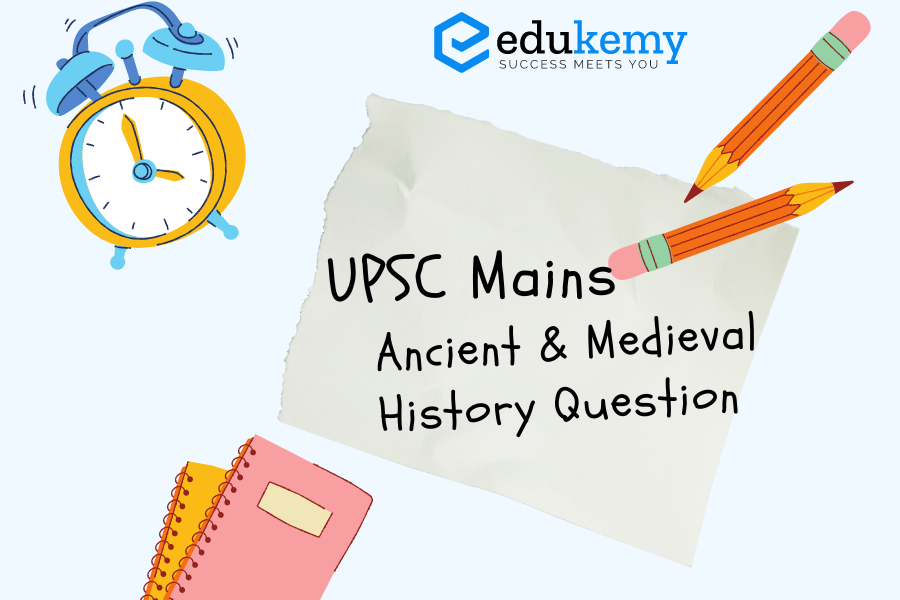
Contents
Introduction:
stretching across multiple centuries in the Indian subcontinent, the Mughal Empire stood as a formidable force in both political and cultural realms, playing a crucial role in nurturing Persian literature and poetry. Persian, adopted as the court language by the Mughal rulers, thrived during this epoch, giving rise to distinguished Persian poets who left an enduring mark on India’s literary panorama.
Body:
- Mughal Patronage and Promotion: The Mughal emperors, notably Akbar, Jahangir, and Shah Jahan, served as ardent patrons of Persian literature and poetry, actively fostering the language and its literary traditions.
- Persian as the Court Language: Persian attained the status of the official language at the Mughal court, where emperors and nobility conducted administrative affairs in Persian, thereby enhancing its standing as a literary language.
- Translation and Adaptation: Classics of Persian poetry and literature were translated into Indian languages, broadening access to Persian literary works and expanding their readership.
- Scholarly Pursuits: The Mughal court attracted Persian scholars, poets, and writers from Persia and Central Asia, contributing significantly to the flourishing Persian literary culture in India.
- Encouragement of Poetry: Mughal emperors actively patronized and encouraged Persian poets, bestowing honorific titles, awards, and financial support to foster their creative endeavors.
Notable Persian poets of the Mughal era:
- Mir Taqi Mir (1723-1810): A celebrated Persian and Urdu poet known for emotional ghazals exploring love, mysticism, and social commentary.
- Mirza Ghalib (1797-1869): An iconic Persian and Urdu poet who delved into intricate philosophical themes in Persian poetry.
- Bedil Dehlavi (1642-1720): A Persian poet known for exploring complex philosophical and Sufi themes, playing a significant role in Persian literary thought.
- Muhammad Quli Qutb Shah (1565-1611): A notable Persian poet from Golconda celebrated for his works on love, nature, and mysticism in both Persian and Telugu.
- Khwaja Mir Dard (1720-1785): A Persian and Urdu poet associated with the Chishti Sufi order, focusing on themes of spirituality, love, and devotion.
- Siraj-ud-Din Ali Khan Arzu (1687-1756): A renowned Persian poet and scholar known for his refined and elegant poetry in the Mughal courts.
Conclusion:
In conclusion, the Mughal Empire’s unwavering support for Persian literature and poetry left a profound and enduring impact on the cultural and literary fabric of the Indian subcontinent. The works of these poets, characterized by themes of love, mysticism, and philosophy, continue to be revered, symbolizing the enduring legacy of the Mughal Empire’s contributions to Persian literature in the Indian subcontinent.
In case you still have your doubts, contact us on 9811333901.
For UPSC Prelims Resources, Click here
For Daily Updates and Study Material:
Join our Telegram Channel – Edukemy for IAS
- 1. Learn through Videos – here
- 2. Be Exam Ready by Practicing Daily MCQs – here
- 3. Daily Newsletter – Get all your Current Affairs Covered – here
- 4. Mains Answer Writing Practice – here

